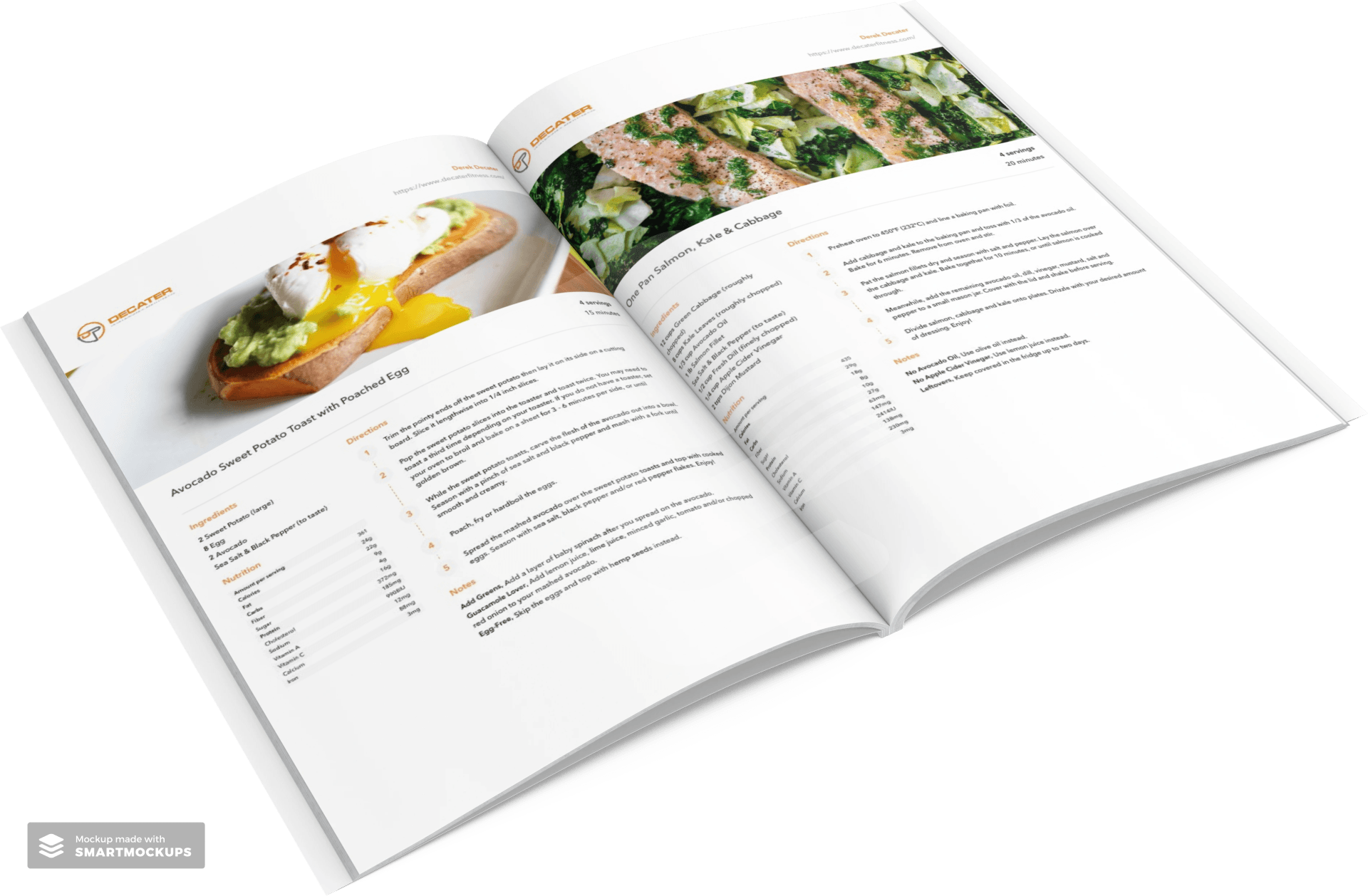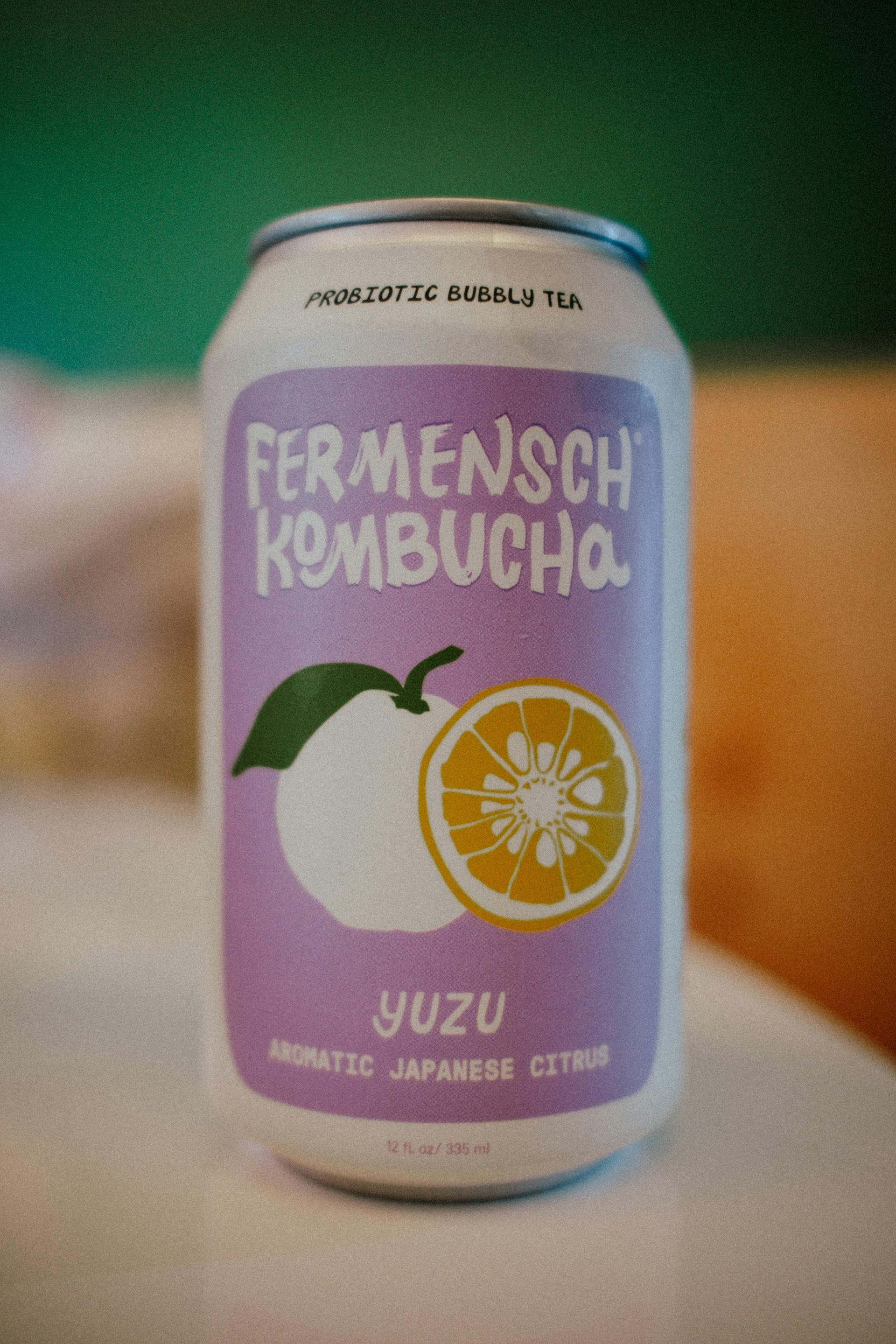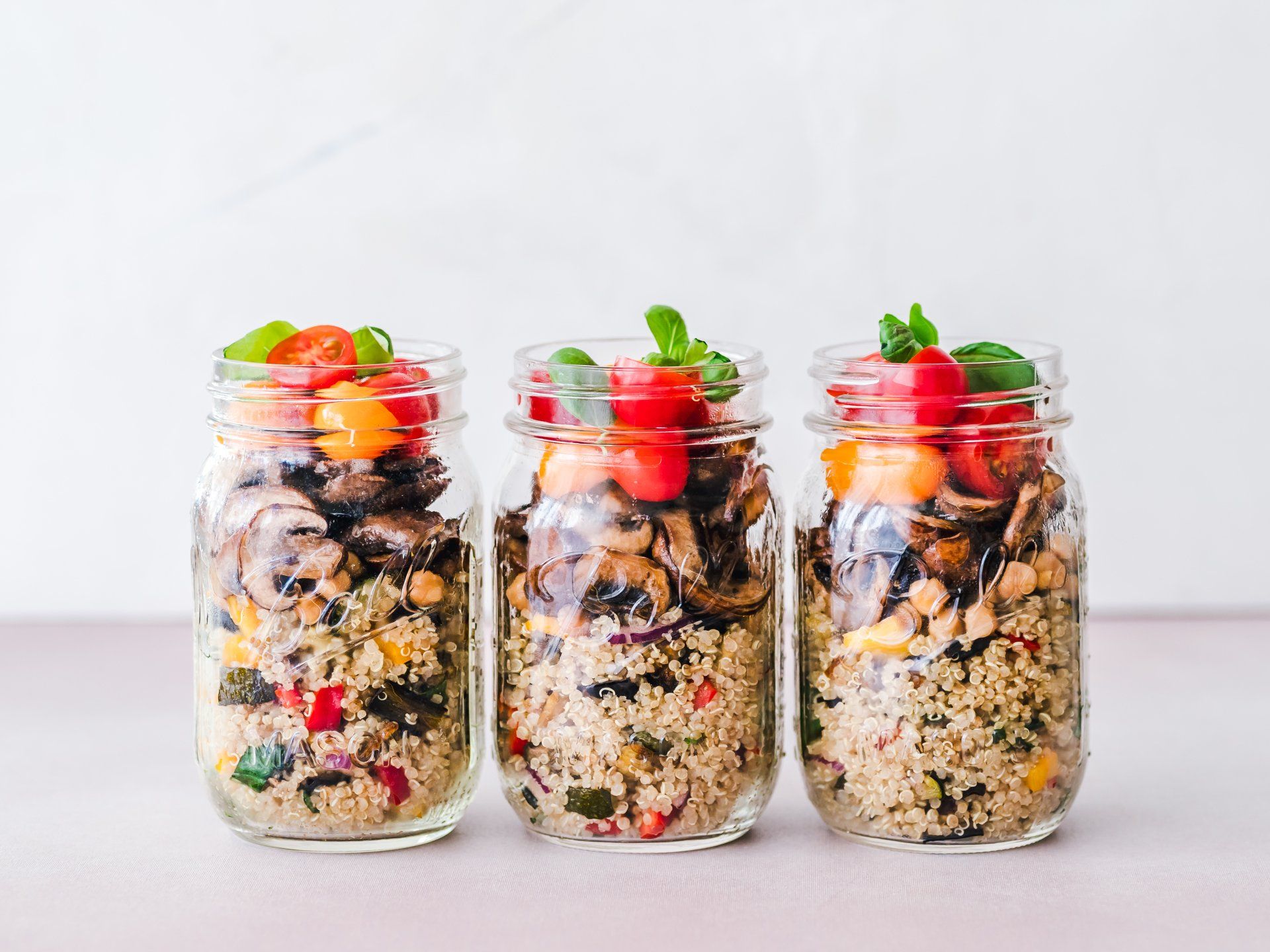4 Reasons The Latest Fad Diet Is A Bad Idea
Have you ever noticed, despite the fact that a different fad diet makes the rounds every year, Americans continue to gain more and more weight?
Whether it’s Atkins, South Beach, Zone, Cabbage Soup, or keto, diet fads attract followers like bees to honey with their promises of quick and easy weight loss. Unfortunately, they rarely work as promised.
If a diet sounds too good to be true, it probably/definitely is.
When it comes to eating to lose weight and keeping it off, the latest fad diet is almost guaranteed to not be your magic bullet. Here’s why it won’t work, and what you should try instead...
1. It messes with your metabolism. Any “diet” will result in some amount of weight loss, because it forces you to examine what you’re currently eating and eat better. On many fad diets, you’ll end up eating significantly fewer calories than you normally do, so, of course you’ll lose weight quickly – at least initially.
The thing is, when you lose weight quickly, you lose more muscle than fat. With less muscle on your body, your metabolism starts to slow. That’s because muscle is far more metabolically active than fat, which means it uses up more calories. It’s also because of something called adaptive thermogenesis – also known as the dreaded weight loss plateau. Adaptive thermogenesis is your body’s way of conserving energy when it senses a slowdown in eating, so it can survive.
- Try this : It’s best to work with a nutrition professional who can help you cut your calories back slowly. Determine how many calories you’re eating to maintain your current weight, and then aim to eat about 300 calories less each day. Combine that with more cardio to burn a few more calories, and strength training to maintain your muscle, and you’ll see slow, but steady weight loss. It might not provide as much instant gratification, but you won’t starve, lose your metabolism, or plateau as quickly.
2. It’s not fueling your body. Some fad diets require you to cut out food groups, or eat only certain foods (grapefruit or cabbage, anyone?). And then there are those, like keto or Atkins that force you to skip any form of carbs and exist mainly on fat. Fad diets are all about dietary restrictions.
Restricting yourself to a very limited diet will most certainly result in weight loss, but you’ll also be missing out on things like vitamins, antioxidants, and fiber that your body needs to work well. You wouldn’t put fuel that was missing most of its ingredients into your car’s gas tank, and expect it to run well, so please, don’t do it to your body!
- Try this: Unless you have a health condition that requires you to eliminate certain foods or food groups, it’s important to eat a well-balanced diet that include a range of foods – including some treats, once in a while. If your latest diet fad promises to work as long as you follow their rules about dietary restrictions, don’t walk away – run from the rulebook! Instead of eliminating, focus on adding more whole, unprocessed foods like fruits, vegetables, legumes, nuts, seeds, and organic, grass fed and wild dairy, eggs, meats and fish.
3. It’s not feeding your gut. Here’s an interesting fact: The good bacteria in your gut have a pretty big say in how much you weigh. If you don’t feed them well, or if you overfeed them, they begin to change pretty quickly, and they actually start to extract more calories from the foods you eat. The colony of bacteria in your gut (known as the microbiome) is happiest and healthiest with a high fiber diet that’s full colorful plant foods, lean protein, and healthy fats. If you feed it this way, it becomes more diverse, protects you from chronic diseases, and actually helps to maintain a healthier weight.
A less diverse microbiome is associated with more weight gain and increased risk of chronic diseases like diabetes and heart disease. In a 2017 study out of London, UK , researchers analyzed the diets and gut microbiomes of more than 1600 adults over a period of 9 years. They found that those who gained the most weight over time had significantly lower fiber diets and less diversity in their microbiome, even if they ate the same number of calories as the leaner subjects.
- Try this:
Bump up your intake of probiotic-rich foods like plain yogurt, kefir, or fermented sauerkraut or kimchi. These foods introduce a healthy dose of friendly bacteria into your GI tract. Then, feed them at least 25-35 grams of fiber
every single day to keep those healthy bugs happy.
4. I t’s too hard to stick to . Fad diets almost always take an all-or-nothing approach. That might be OK with you initially, but let’s be honest, unless you really love eating grapefruit every day, or the taste of butter in your coffee, it gets old. Plus, there’s the challenge of what you can eat when you’re out at someone’s house, during the holidays, or on vacation.
Most of us don’t really like being told what we can and can’t eat. Those hard rules and lack of flexibility in fad diets ultimately lead to more and more cheat days which land you right back where you started.
- Try this:
In order for any kind of diet changes to stick, they have to fit YOU. Consider your lifestyle, your cooking skills, your free time, and most importantly, your taste buds when you’re thinking about jumping on the diet bandwagon. Instead of all-or-nothing, work on making small changes. Add one more serving of a fruit of vegetable every day. Make a dozen hard boiled eggs and pop 1 or 2 in your mouth instead of chips or crackers. Make it a point to order fish instead of a burger when you eat out. Those small, sustainable changes will pay off immensely over time, and beat out the fad diets in the end.
References
Getting past a weight loss plateau. Mayo Clinic. https://www.mayoclinic.org/healthy-lifestyle/weight-loss/in-depth/weight-loss-plateau/art-20044615. Updated February 6, 2018. Accessed May 17, 2019.
Müller MJ, Enderle J, Bosy-Westphal A. Changes in energy expenditure with weight gain and weight loss in humans. Current obesity reports. 2016 Dec 1;5(4):413-23.
Cimons, M. The microbes in your gut may be making you fat or keeping you thin. Washington Post. December 9, 2013.
Menni C, Jackson MA, Pallister T, Steves CJ, Spector TD, Valdes AM. Gut microbiome diversity and high-fibre intake are related to lower long-term weight gain. International Journal of Obesity. 2017 Jul;41(7):1099.
Fiber content of foods. Prebiotin. https://www.prebiotin.com/prebiotin-academy/fiber-content-of-foods/ . Accessed May 17, 2019.














